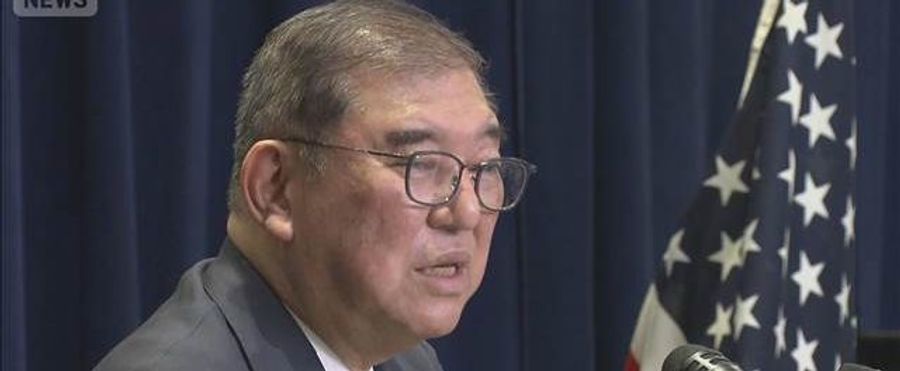As the 80th anniversary of the end of World War II approaches, candidates vying for leadership in Japan’s ruling party have voiced their views on the nation's post-war history. This topic has long been a focal point of political and academic debates in Japan. The candidates' differing viewpoints on Japan's militarist past and the subsequent American-led occupation are being closely scrutinized, as they could shape the nation’s future policies and international relations.
Historical interpretation—especially of wartime actions—is a deeply sensitive and highly political issue within Japan. It shapes not only domestic policy debates but also relations with neighboring countries that suffered under Japanese imperialism. In this context, the views of prospective prime ministers hold significant weight and could influence Japan's diplomatic stance and education policies.
In the US or EU, historical interpretation and the examination of war crimes—like those committed during WWII—also play a central role in shaping national identity and the politics of remembrance. However, given the differing histories of these regions, there are unique sensitivities and conversation points. For instance, the US's past actions in Vietnam or European colonial history may evoke discussions similar to those provoked by Japan's wartime history.

